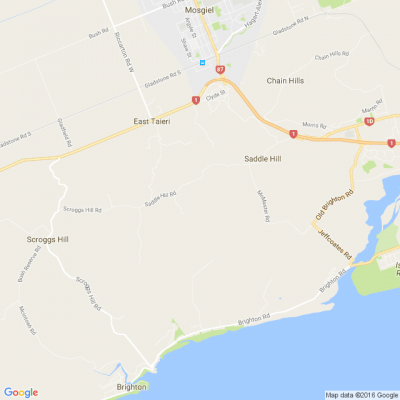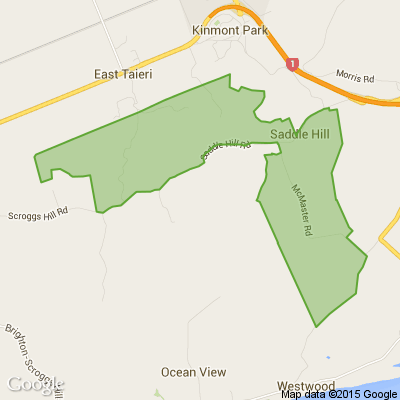New future looms for a former asylum and its 'enchanted forest'
At the time it was the country’s worst fire, claiming the lives of 37 women locked in a psychiatric hospital.
Now all that remains of the former Seacliff Lunatic Asylum, about 30km north of Dunedin, are some stone remnants and a few smaller buildings in private ownership.
The Robert Lawson-designed building was the largest commissioned in the country when it opened in 1884, but was plagued by issues, including landslips, before the fatal fire on December 8, 1942.
A resulting inquiry determined the asylum, which later housed noted author Janet Frame, was well past its use by date, but it would remain open until 1973.
Part of that site now forms the Truby King Reserve, a recreation area of about 16 hectares.
The Dunedin City Council, which was given power over the land from the Department of Conservation in 1991, will discuss a management plan for the reserve on Tuesday.
An extensive report on the reserve noted the importance of the asylum’s history, which represented “the evolution of mental health care in New Zealand”.
Changing norms and methods of treatment coupled with the instability of the land under the institution led to its eventual closure, the report notes.
The site was named after Plunket pioneer Sir Frederic Truby King, with his recommendations including patients growing their own food grown in the substantial gardens.
The reserve’s “enchanted forest” has hundreds of specimen trees planted by King, a botany enthusiast.
The report noted many of the trees were unsafe, and an audit was required.
The reserve, which has stone remnants of the former asylum, also includes an historic cricket ground, tennis court and community orchard.
The council was advised to approve the new management plan, which will include a new car park, picnic and barbecue area, and new signage tracing the footprint of the historic building.

Time to Tickle Your Thinker 🧠
If a zookeeper had 100 pairs of animals in her zoo, and two pairs of babies are born for each one of the original animals, then (sadly) 23 animals don’t survive, how many animals do you have left in total?
Do you think you know the answer? Simply 'Like' this post and we'll post the answer in the comments below at 2pm on the day!
Want to stop seeing these in your newsfeed? No worries! Simply head here and click once on the Following button.

Poll: As a customer, what do you think about automation?
The Press investigates the growing reliance on your unpaid labour.
Automation (or the “unpaid shift”) is often described as efficient ... but it tends to benefit employers more than consumers.
We want to know: What do you think about automation?
Are you for, or against?

-
9.5% For. Self-service is less frustrating and convenient.
-
43.4% I want to be able to choose.
-
47.1% Against. I want to deal with people.
Have you got New Zealand's best shed? Show us and win!
Once again, Resene and NZ Gardener are on the hunt for New Zealand’s best shed! Send in the photos and the stories behind your man caves, she sheds, clever upcycled spaces, potty potting sheds and colourful chicken coops. The Resene Shed of the Year 2026 winner receives $1000 Resene ColorShop voucher, a $908 large Vegepod Starter Pack and a one-year subscription to NZ Gardener. To enter, tell us in writing (no more than 500 words) why your garden shed is New Zealand’s best, and send up to five high-quality photos by email to mailbox@nzgardener.co.nz. Entries close February 23, 2026.







 Loading…
Loading…